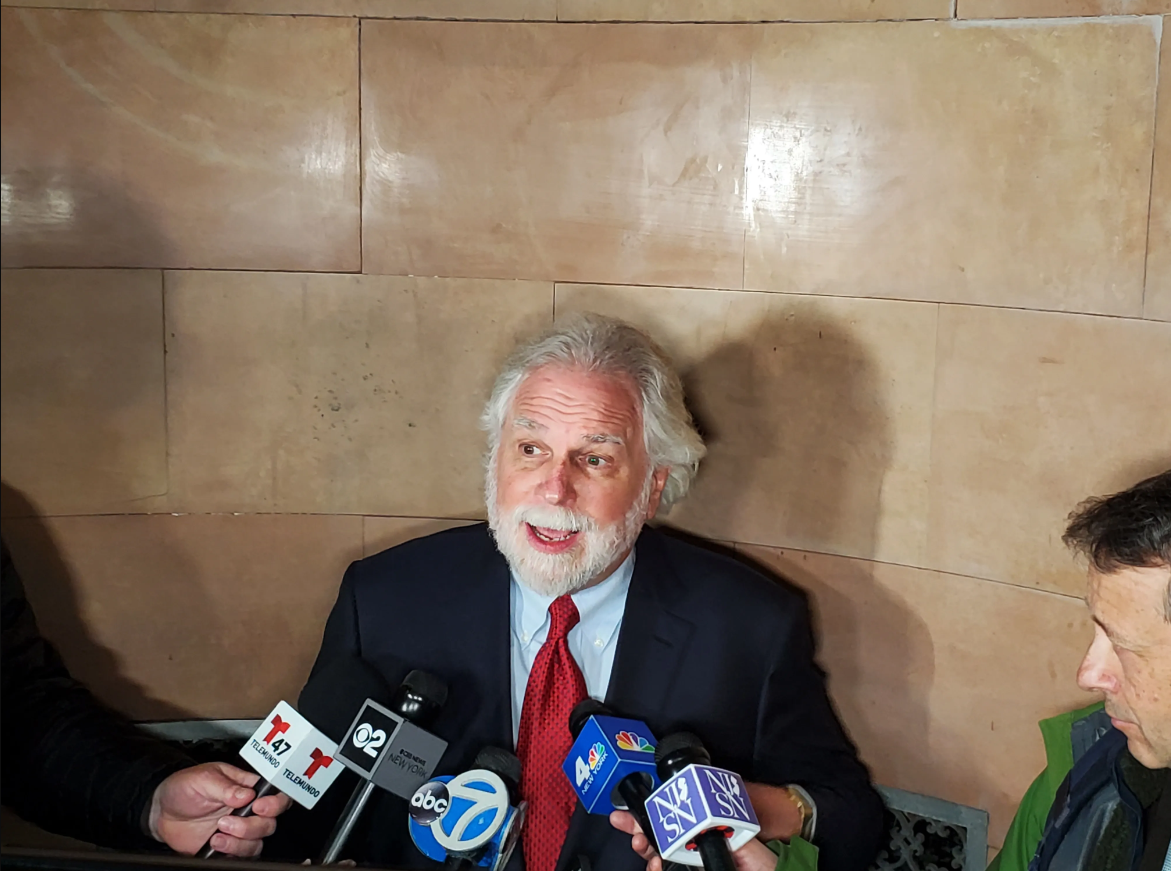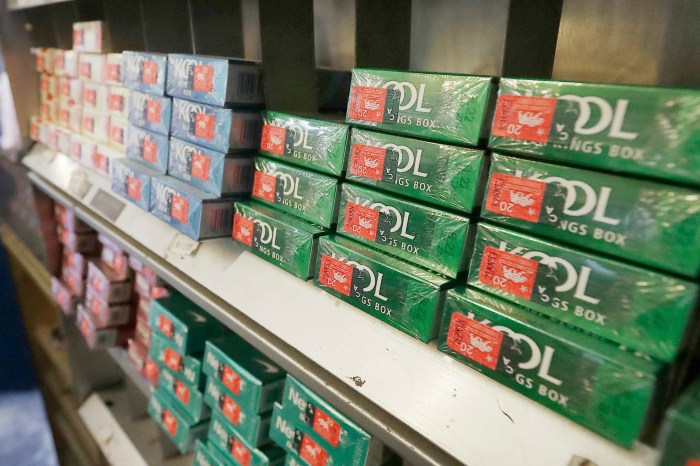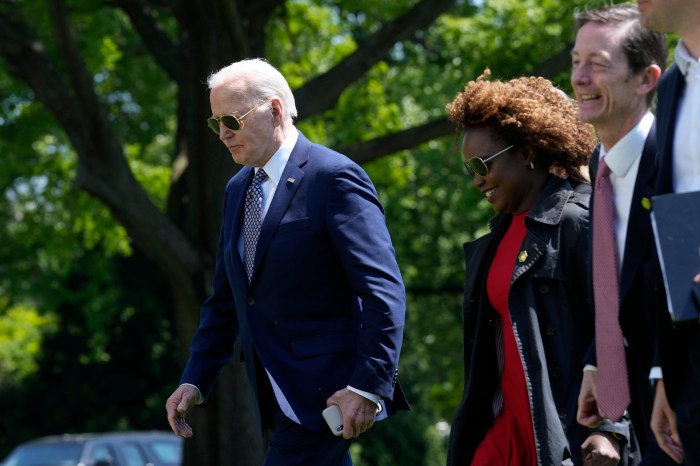 Lupita Nyong’o’s first big film is no less than “12 Years a Slave.”
Lupita Nyong’o’s first big film is no less than “12 Years a Slave.”
Credit: Getty Images
Lupita Nyong’o is hitting the ground running when it comes to her film career, making a startling and attention-grabbing debut as the mysterious, wild-eyed Patsey in “12 Years a Slave,” a performance that’s already earning a ton of awards speculation for the Kenyan actress. There are worse ways to start off.
When you get a shot at a role like this in a film like this with a director like this, what’s your first reaction?
[Laughs] When I auditioned for this role, I was just about to graduate from Yale. It was the first time that I was allowed to audition for professional things, and “12 Years a Slave” was the first audition I put on tape. After the audition it dawned on me — Brad Pitt is producing this film and Steve McQueen [is making it]. It was kind of like a slow realization of how major auditioning for this thing was, but it also felt completely improbable that I would get the role.
How do you approach material as intense and visceral as this?
It was about being present. Patsey in the script is described as being “effortlessly sensual.” In the book, Solomon says that Patsey “had an air of loftiness that neither labor nor lash could rid her of.” I was reading James Baldwin’s “A Fire Next Time,” and I found this thing he says about sensuality. He says, “To be sensual, I think, is to rejoice in the force of life itself and to be present in everything that one does, from the effort of loving to the breaking of bread.” And that was Patsey for me. That’s what made her so sensual, the fact that she was present. And she’s present because she has this volatile master, she never knows what he’s going to next — what he’s going to require or inflict. So that was the lesson I took going in. I just need to be there. The humiliation and the heartbreak that I’ve been living, experiencing, will reveal itself.
Why do you think it took so many non-Americans to give such an honest look at such a horrific part of American history?
I don’t think it was by design. I don’t think Steve was like, “I don’t want any Americans!” I don’t think that’s the case. I don’t think it’s by design, but at the same time America is made of immigrants. The African-American slaves came from Africa, the white slave owners were Irish and German and English. So I don’t think that highlighting our non-American-ness does the story any sort of favors or injustice. For me, as an actor, I feel like it is my job to portray things that are outside of myself, to truthfully believe in circumstances that are not my own. Otherwise my career will be very short, playing some middle-class Kenyan. [Laughs]
Have you felt how much your life has been changing or will be changing from the responses there have already been to this film?
Well, it’s changed in one way. I get to wear really cool clothes. [Laughs] But I must say, I have such a good team of people, representatives, and they’ve been very good at preparing me for this at a reasonable pace. And I’m such good company with the rest of the cast, and I can learn from them how to do this part that I have no training for. They don’t teach you this side of things in drama school.

















